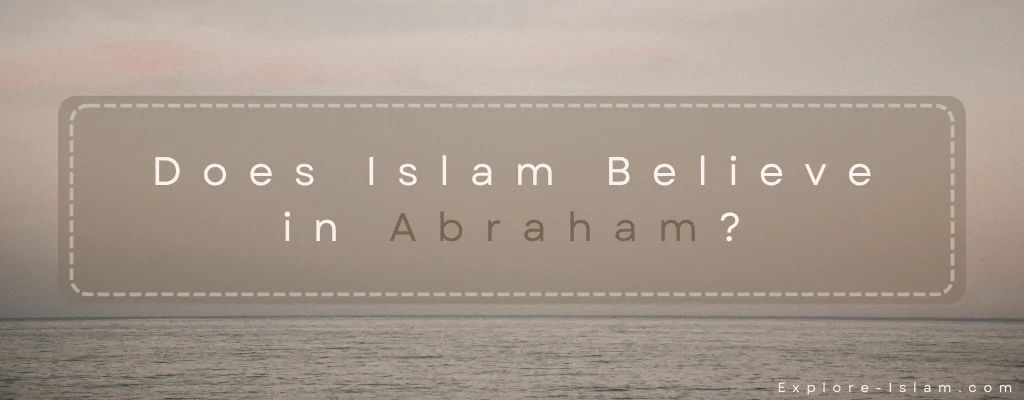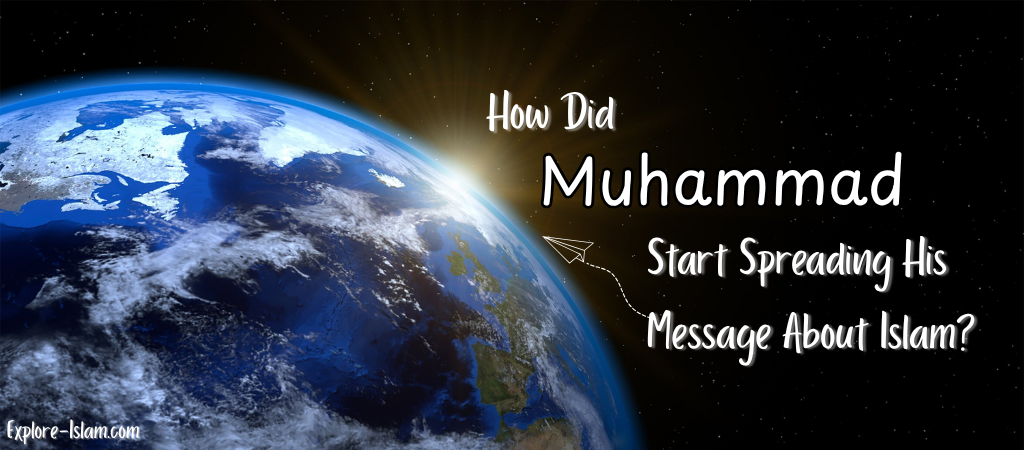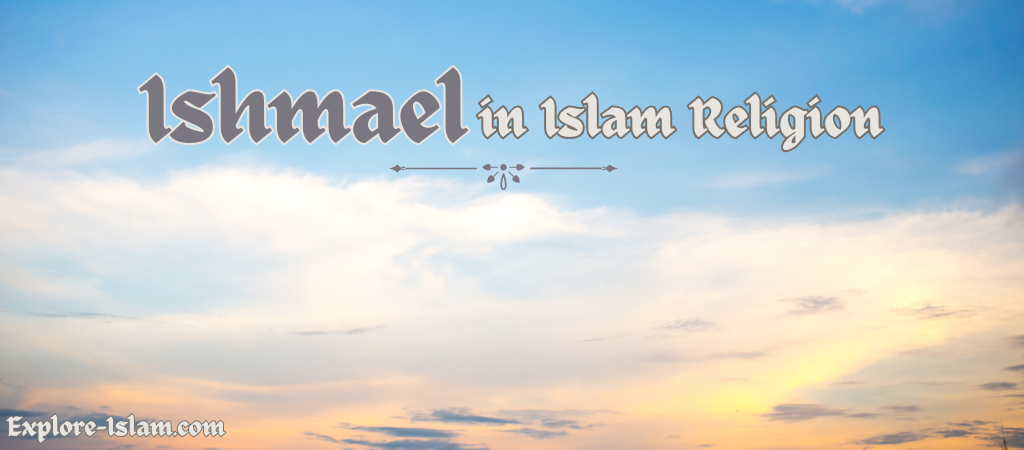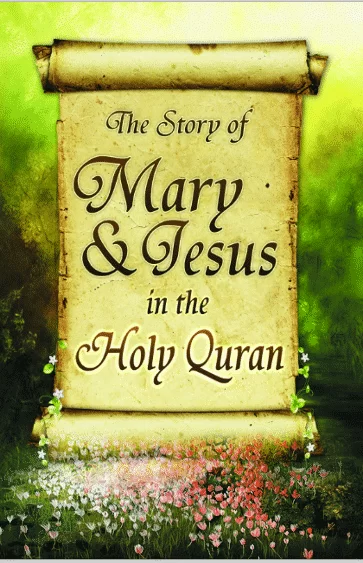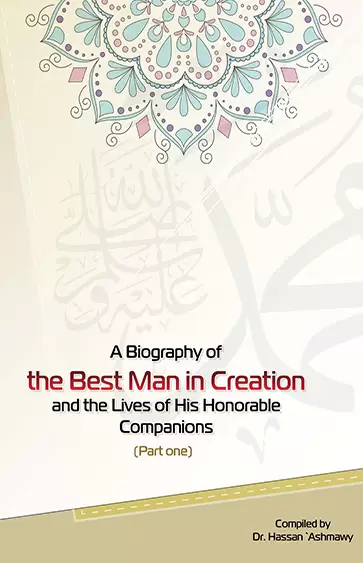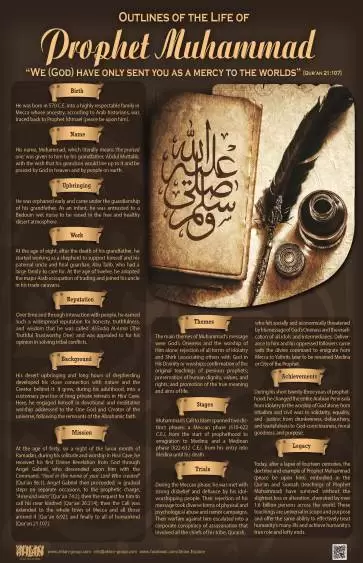Saying that Islam simply “believes” in Abraham doesn’t quite capture the full picture. It might surprise some people to learn that Abraham (or Ibrahim, as he’s known in Arabic, peace be upon him) isn’t just a historical figure in Islam; he’s a key part of how we understand Allah’s message to humanity.
Actually, the most important part of Islamic belief, believing in only one God, has its best example in Abraham (PBUH). Knowing his life story, what he went through, and how strong his faith was is super important to understanding the core of Islam itself.
Is Abraham a Prophet in Islam?
Without a doubt, yes, Abraham is a prominent prophet and messenger in Islam.
Prophet Abraham in Islam is one of the Ulul-‘Azm, the five most resolute prophets, a group that also includes Nuh (Noah), Musa (Moses), Isa (Jesus), and Muhammad (peace be upon them all).
Prophet Abraham in Islam is received divine revelation and was tasked with conveying Allah’s message to his people.
Is Abraham Mentioned in the Quran?
Yes! Prophet Abraham’s name is mentioned extensively in the Quran. He is referred to by name 69 times across 25 different chapters (Surahs). Prophet Abraham’s story, his trials, his prayers, and his unwavering commitment to Allah are woven throughout the Quran, serving as powerful lessons for believers. Some of the surahs he is mentioned in are:
- Surah Al-Baqarah (2:124-129): reveals Allah’s covenant with Ibrahim, appointing him a leader (imam) for humanity and entrusting him with rebuilding the Kaaba in Mecca.
- Surah Al-An’am (6:74-83): recounts his intellectual journey, rejecting his father’s idolatry and reasoning his way to monotheism.
- Surah Al-Anbiya (21:51-70): tells the exciting story of his legendary showdown against a pagan king, where he miraculously walks out of a raging fire alive.
- Surah Ibrahim (Abraham): A whole Surah is even named after him.
For instance, the Quran in Surah Al-Baqarah (2:124) states:
“And [mention, O Muhammad], when Abraham was tried by his Lord with commands and he fulfilled them. [Allah] said, “Indeed, I will make you a leader for the people.” [Abraham] said, “And of my descendants?” [Allah] said, “My covenant does not include the wrongdoers.”
And we will mention more verses throughout the article.
What Religion Was Abraham in Islam?
Abraham’s religion is Islam in its broadest sense. Abraham was a Hanif Muslim – a follower of the original, pure monotheism that is the essence of Islam.
That’s because Islam is not a new religion, but a re-affirmation and completion of the same eternal message that prophet Ibrahim and all prophets before him preached.
So, Abraham was not Jewish, Christian. Instead, the Quran describes him as a “Hanif” (Hanifan) and a “Muslim” (Muslima).
The Quran says,
“مَا كَانَ إِبْرَاهِيمُ يَهُودِيًّا وَلَا نَصْرَانِيًّا وَلَٰكِن كَانَ حَنِيفًا مُّسْلِمًا وَمَا كَانَ مِنَ الْمُشْرِكِينَ”
“Abraham was neither a Jew nor a Christian, but he was Hanifan [one inclining toward truth], a Muslim [submitting to Allah]. And he was not of the polytheists.”
The term “Hanif” refers to someone who is upright, righteous, and adheres to pure, unadulterated monotheism, turning away from all forms of idolatry or polytheism. The term “Hanif” represents the pristine, original faith before any deviations or sectarian divisions.
The term “Muslim” literally means “one who submits” to Allah. In the Quranic context, it denotes anyone who submits to the One God, regardless of their historical time period. Thus, all prophets, including Abraham, were Muslims in the sense that they submitted to Allah.
God of Abraham in Islam
As we mentioned, the God of Abraham (PBUH) in Islam is Allah. Allah is not a separate “Islamic” God; it is simply the Arabic word for “The one and only God”.
What Does Islam Believe About Abraham?
As we’ve seen, Islam believes that Abraham is an important prophet. Abraham in Islam is a major figure in monotheism and a direct ancestor of Prophet Muhammad.
We Muslims see him as a dedicated servant of Allah and a key figure in establishing Islamic beliefs.
His life and teachings are all over the Quran and Hadith, shaping how we understand and practice our faith.
1. Islam believes that Abraham was a Prophet and Messenger of Allah
As we mentioned in a previous section, Abraham is a divinely chosen prophet and messenger (Rasul) of Allah.
The Quran frequently refers to him as a Nabi (Prophet).
“And mention in the Book [the story of] Abraham. Indeed, he was a man of truth, a prophet.”
2. Muslims believe that Islam is the original faith of Abraham
As we mentioned also, Islam believes that Abraham was a Submitter (Muslim): The word “Muslim” means “one who submits to God”.
“When his Lord said to him, “Submit”, he said “I have submitted [in Islam] to the Lord of the worlds.””
3. Abraham is a direct ancestor of Prophet Muhammad
Muslims believe that Prophet Muhammad is a descendant of Abraham through his son Ishmael.
This lineage connects Islam directly to the prophetic tradition of Abraham.
Therefore, Muhammad is seen as continuing and perfecting the monotheistic faith of Abraham.
4. Islam believes that Abraham was the Builder of the Kaaba
Along with his son Ishmael, prophet Abraham built (or rebuilt) the Kaaba in Mecca. The Kaaba is the holiest site in Islam, and we Muslims face it during our daily prayers. Also, the act of Hajj (pilgrimage) centers around the Kaaba and commemorates Abraham’s actions.
“And [mention] when Abraham was raising the foundations of the House and [with him] Ishmael, [saying], “Our Lord, accept [this] from us. Indeed You are the Hearing, the Knowing.””
5. Islam believes that Abraham was a Friend of Allah (Khalilullah)
Abraham was given the title “Khalilullah,” which means “Friend of Allah.” This shows how close he was to Allah. This title shows that he was pious and devoted.
“…And Allah took Abraham as an intimate friend.”
6. Islam believes that Abraham was an example for all believers
Abraham’s unwavering faith, his complete submission to Allahs’s will, his rejection of idolatry, and his commitment to spreading monotheism make him a perfect example for Muslims to follow.
“There has already been for you an excellent pattern in Abraham and those with him, when they said to their people, “Indeed, we are disassociated from you and from whatever you worship other than Allah . We have denied you, and there has appeared between us and you animosity and hatred forever until you believe in Allah alone”
And in Surah An-Nahl (16:123), Allah instructs Prophet Muhammad (peace be upon him) and his followers to follow the “Millat Ibrahim”:
“Then We revealed to you, [O Muhammad], to follow the religion of Abraham, inclining toward truth; and he was not of those who associate others with Allah.”
Why Is Abraham Important In Islam?
So, what does all of this mean for Muslims today? How is Abraham important to Islam? As we said in the introduction, Abraham is not just a historical figure in Islam; he’s a living, breathing presence in our daily lives.
1. Abraham is important in Islam because he was a restorer of monotheism
Islam views prophet Abraham as a key figure in preserving and restoring the pure monotheistic faith in a world that had strayed into polytheism and idolatry.
2. The Islamic identity is greatly influenced by Abraham
As Muslims, we see ourselves as inheritors of the Abrahamic tradition. We are followers of the same message of pure monotheism that Ibrahim preached. We strive to embody his qualities of faith, submission, and righteousness.
3. Many core Islamic rituals are directly connected to Abraham
Several important Islamic rituals and sites are linked to prophet Abraham:
- Hajj (Pilgrimage): Many rituals of Hajj, such as Tawaf (circumambulation of the Kaaba), Sa’i (running between Safa and Marwa), and the sacrifice during Eid al-Adha, commemorate events in the life of Abraham, Hagar (Abraham’s wife and Ishmael’s mother), and Ishmael.
- Eid al-Adha (Festival of Sacrifice): This major Islamic festival commemorates Abraham’s willingness to sacrifice his son.
- In our prayers (Salah): As mentioned, the Kaaba in Mecca, the direction of Muslim prayer, is believed to have been built by Abraham and Ishmael.
And every time we pray, in the Tahiyyat and Salawat, we invoke blessings upon Ibrahim and his family, alongside Prophet Muhammad and his family. This shows how important he is and how much we respect him.
4. Abraham links Islam to the consistent message of Allah across time
Abraham connects the Islamic tradition to a lineage of prophets revered in Judaism and Christianity, emphasizing the continuity of Allah’s message throughout history.
As we mentioned, Abraham in Islam is the ancestor of Prophet Muhammad in Islamic belief, grounding Islam within this prophetic lineage.
Prophet Abraham Family Tree in Islam
Abraham had two sons: Ismail (Ishmael, PBUH) from his wife Hajar (Hagar), and Ishaq (Isaac, PBUH) from his wife Sarah.
- Ismail (PBUH) is the ancestor of the Arabs, and Prophet Muhammad (PBUH) is a descendant of Ismail (PBUH).
- Ishaq (PBUH) is the ancestor of the Israelites, and prophets like Yaqub (Jacob), Yusuf (Joseph), Musa (Moses), Dawud (David), and Sulaiman (Solomon) (peace be upon them all) are from his lineage.
That’s Brings Us to the Conclusion That…
Knowing how Islam views Abraham is important, not just for Muslims, but for anyone trying to get how the Abrahamic faiths are all linked together.
I hope this article has given you a better understanding of what Islam believes about Abraham. Abraham is not just a prophet to us; he’s a father figure, a Khalilullah, whose legacy continues to inspire billions of Muslims around the world today.
To learn more about the Prophet Abraham’s role in the Abrahamic religions, please visit our blog and read the two other articles on this topic, titled:
- Abraham in Islam and Christianity
- Abraham in Islam and Judaism
May we all strive to emulate the beautiful example of Ibrahim al-Khalil, and may peace and blessings be upon him and all the prophets of Allah.

